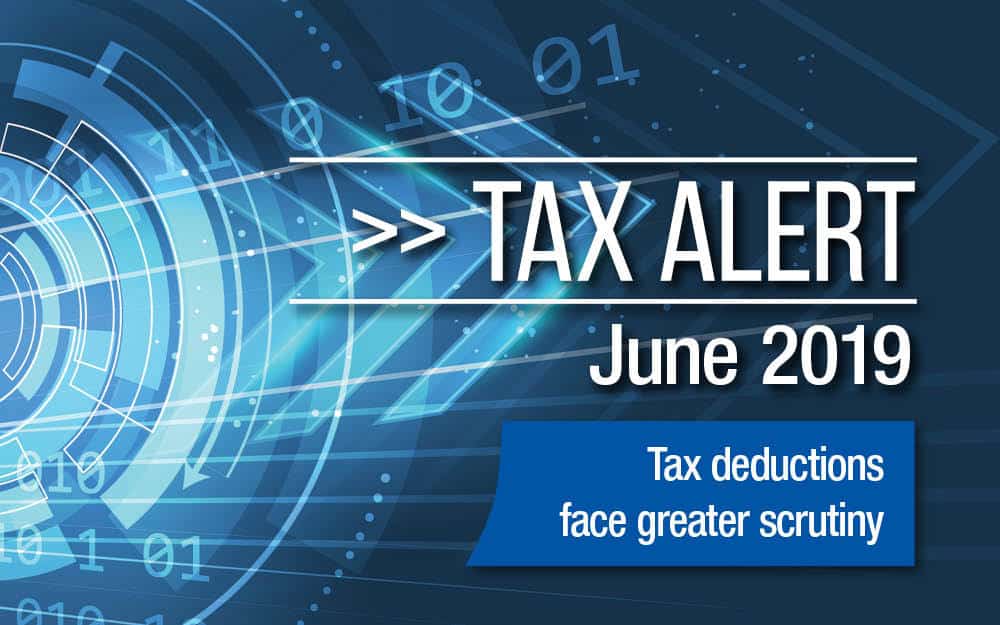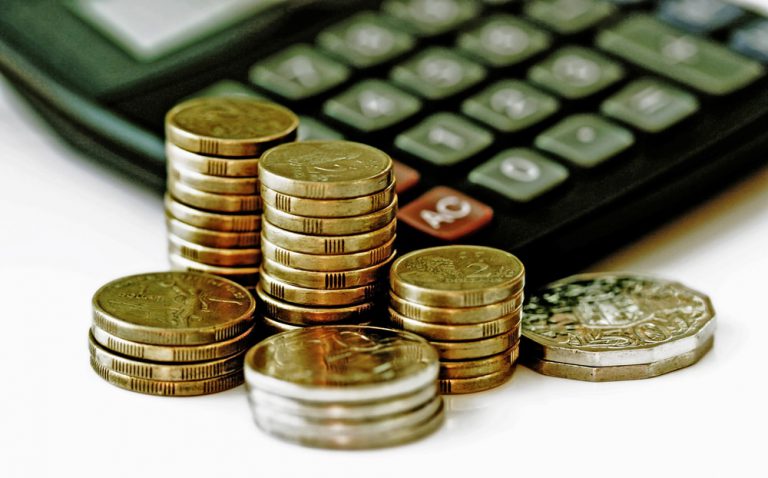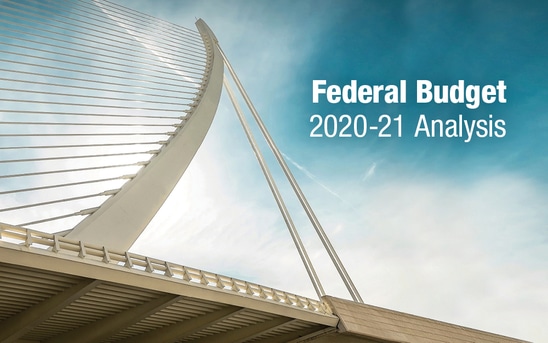Tax deductions face greater scrutiny
With the end of the financial year only weeks away, the ATO has announced that one of its key areas of focus this financial year-end will be rental property, although returns from taxpayers using cryptocurrency assets are also expected to come in for close attention.
To help you prepare for this year’s tax time, here’s a roundup of some recent developments in the world of tax.
Watch your property deductions and income
Rental property owners are being warned to check their claims are correct before lodging their tax return, with the ATO announcing plans to double the number of audits it will be conducting on deductions linked to rental properties. Failing to declare income received from renting out a room in your home via an online platform like AirBnB is also a good way to get the tax man’s attention this year.
ATO sampling of tax returns last financial year found nine out of ten returns contained an error related to rental property deductions, so the regulator says it will be “looking very closely at claims this year”.i The ATO will be focussing on over-claimed interest, capital works claimed as repairs and incorrect apportionment of expenses for holiday homes, as well as taxpayers omitting income earned from accommodation sharing.
As part of the crackdown, the ATO is using sophisticated analytics and third party information from banks, rental bonds and online accommodation booking platforms to “scrutinise every tax return”. During an audit, the data searched could include your utility bills, tolls, social media and online content.
Cryptocurrencies under tax spotlight
Returns lodged by taxpayers using cryptocurrencies will also receive more attention, with the ATO currently collecting bulk records from Australian cryptocurrency designated service providers (DSPs) to include in its data-matching program.
Data being supplied by DSPs includes cryptocurrency purchase and sale information to enable the tax office to identify taxpayers failing to disclose their income details correctly. If you are one of the estimated 500,000 to one million Australians invested in crypto-assets, you can expect to have your tax return pre-filled with the relevant information by the ATO in the same way as bank interest.
Calls for standardised work-related deductions
With statistics showing total work-related expense deductions cost almost $22 billion in 2016-17, the Inspector-General of Taxation (IGT) has called for the introduction of a standard deduction for work-related expenses.i
The recommendation in the IGT’s Future of the Tax Profession report comes despite comments by the ATO that its efforts to target incorrectly reported or overclaimed work related expenses resulted in fewer claims in the past financial year.
According to the ATO, common mistakes are taxpayers assuming there is a standard work-related deduction they can claim of up to $300 without needing to substantiate it. Many taxpayers also assume that because up to 5,000 kilometres of car travel does not require a log book, they are entitled to claim this deduction.
Instant asset write-off rises again
The threshold for the instant asset write-off has risen again by $5,000 after the Treasurer announced the new annual limit of $30,000 with immediate effect from Budget night (2 April 2019). The immediate write-off has also been extended to include businesses with a turnover less than $50 million.
Eligible firms can claim a tax deduction on purchases of business equipment where the entire cost of the asset is less than the $30,000 threshold.
Although the instant asset write-off has been around since 2011 and has been extended until 30 June 2020, there is no guarantee it will be retained in future years. So if you have a small business and are interested in taking advantage of this benefit, it makes sense to keep this in mind come 30 June and next financial year.
Small business benchmarks updated
Small business owners interested in benchmarking their performance against similar businesses in the same industry have some new statistics they can use now the ATO has updated its business benchmark information with data from the 2016-17 financial year.
The Business Performance Check tool in the ATO app allows you to see how your business compares to your competitors using data from across more than 100 industries and 1.5 million small businesses in Australia.







































































